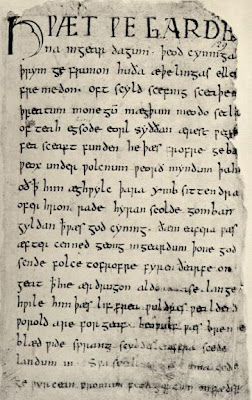This brings me to today, the last weekend in May. Fieldwork is a lot of fun, frustration, and relationship building. Morocco is still an amazing place to be, and I have been flourishing intellectually and personally while here. I have said goodbye to some great roommates and house-warmed with some new ones (I miss you!).
Meanwhile, the first 4 months of my stay here saw a great of my time being consumed with funding applications to continue my work. These final 4 months see me faced with rejections of all of the 6 applications. Nonetheless, I am fully prepared for whatever September and beyond has in store for me on the North American continent (I can think of some fun to be had in Boston or Gulfport or Harrisburg or even (heaven help me) Norfolk).
The real point of today’s post is to put some perspective onto the odyssey that is learning Arabic. When my Arabic teacher asked us to choose among a list of topics in our textbook to prepare and consequently deliver a short talk to the class, I chose the history of French occupation in Algeria. Unfortunately, doing Arabic homework in Rabat is nowhere near as fun as doing Arabic homework in Tangier was when I was there in 2008. Thus I get distracted easily, by anything—the cat, the 14 browser windows open, the 73 unanswered emails…I did try to prepare the talk. I got one juicy tidbit about the French occupation of Algeria in 1830 resulting in the revival of complete texts of Ibn Battuta’s travelogue. But soon I was thinking about how to draw accessible parallels for people who have never and will never study Arabic. How can I explain how silly and difficult studying ‘Modern Standard Arabic’ is? So then I started reading about the English language in the 800s CE. I call upon you native speakers of English.
Can you understand this? (start at 2:56, listen for a few seconds, then skip to 5:03)
That's pretty much what I'm working with here. It's going pretty well speaking and reading an 8th century language.


No comments:
Post a Comment